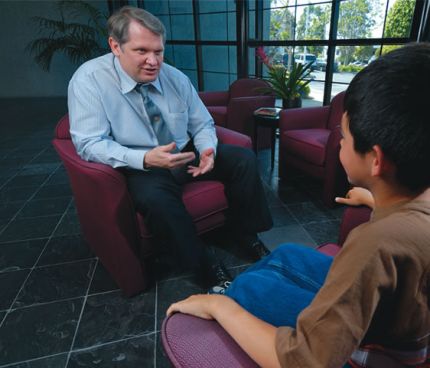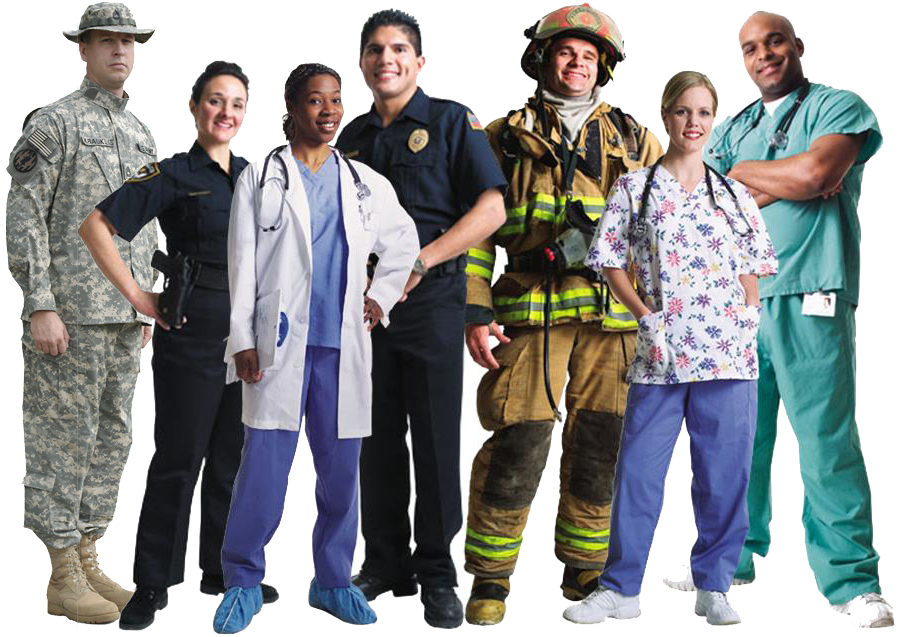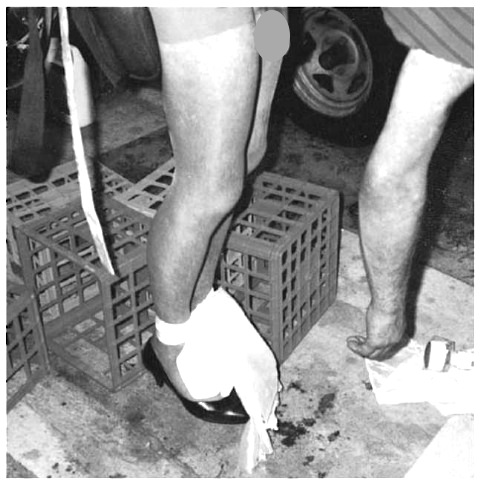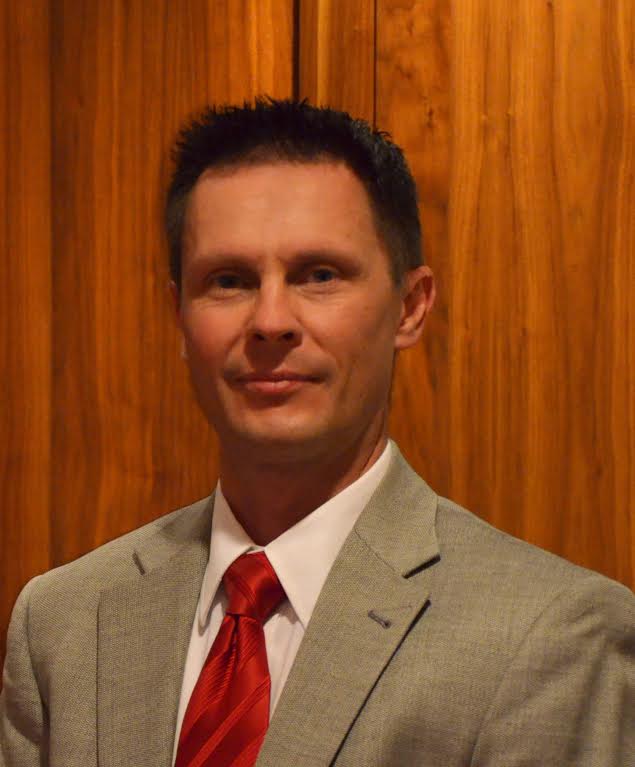Dr. Judy Melinek – Working Stiff
A forensic pathologist can not work in a vacuum, they must have critical information gathered at the scene by qualified investigators. It is only with this information and the results of the autopsy that a ruling can be made. It is often that a ruling will be delayed, or no determination made at all,…
Read More









